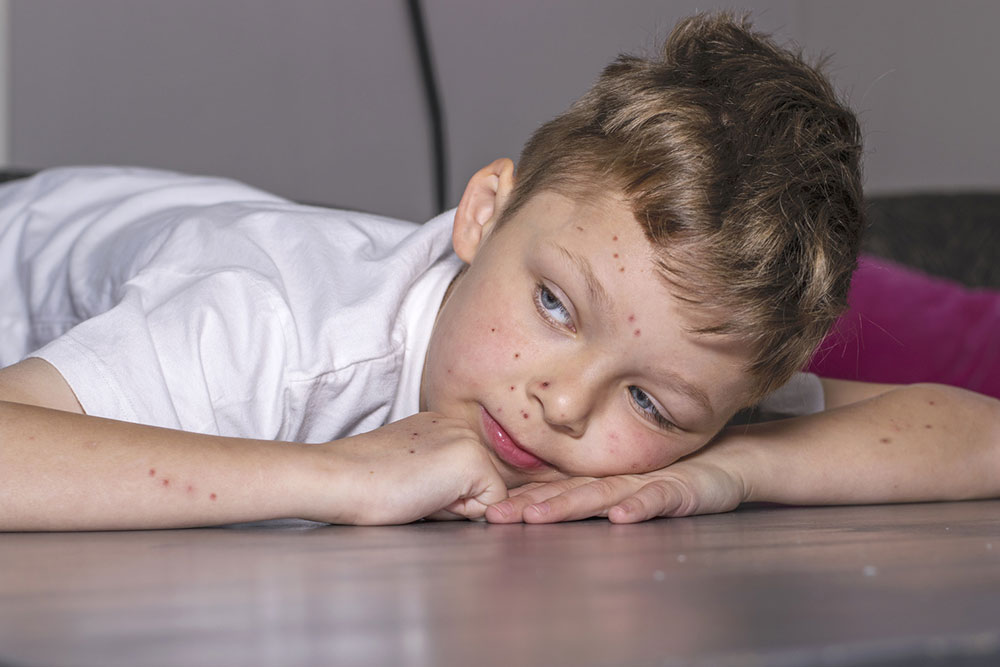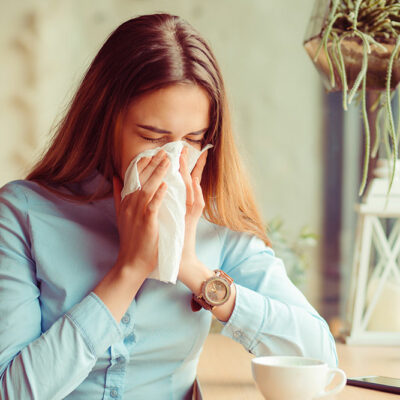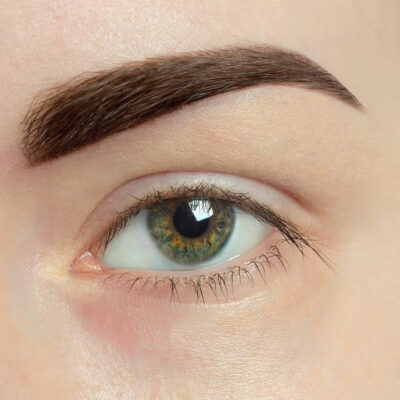
Facts about chickenpox you must know
Chickenpox, also referred to as varicella, is a highly contagious disorder. It is a viral infection that results in an itchy rash with small, reddish, fluid-filled blisters. Chickenpox is highly contagious to people who were never infected by the virus earlier or not been given chickenpox shot. Chickenpox vaccination is improving the conditions and reducing complications of chickenpox.
Symptoms
The appearance of the rash is the pre-eminent symptom of the chickenpox. Before a rash, there will be
- A general feeling of being uneasy and unwell (malaise).
- Severe fever in adults than in children.
- Muscles pain.
- Loss of appetite or hunger.
- A strong feeling of nausea.
Once the rash emerges, there will be:
- Rash
A rash can cover few spots to whole body portions. - Spots
The spots form into groups and mainly appear on the face, chest, limbs, and stomach. They could be, reddish, itchy, small or in clusters. - Blisters
Itchy blisters generally develop on the top of the spots. - Clouding
In 2 days, the blisters cloud over and start drying and the crust and scab get developed. - Healing
Approximately in 10 days, the crusts fall off without external efforts.
New bumps, spots continue to appear for the next couple of days. It is possible to have all three stages of the rash (Cycle) — bumps, blisters, and scabbed lesions on the second day too.
Other symptoms
A few people can have considerably severe symptoms of chickenpox and doctor’s suggestion is mandatory for these patients.
-
- The skin around the spots or clusters gets painful and red-purple.
- The possibility of breathing difficulties with congestion. Resting and getting hydrated is recommended.
Causes of chickenpox
The virus that is responsible to cause chickenpox is known as the varicella-zoster virus. Varicella is related to the one more specimen, herpes virus and is spread throughout the world. It can spread easily by touching the skin of the patient with chickenpox rash, through contact with fluid from the blisters, simply by breathing in the varicella virus when actual patient sneezes or coughs, saliva or intercourse.
Diagnosis
The diagnosis of chickenpox is simply done with underlying symptoms and rash patterns appeared on the skin. It is also possible that the chickenpox rash can be similar to herpes simplex, impetigo, insect bites, or scabies and creates confusion.
How Is chickenpox treated?
Chickenpox is caused by viral infection, so antibiotics can’t work on it. But sometimes antibiotics are required if bacteria harm the sores. Mainly children scratch rashes and spots so the possibility of bacterial infection increases.
Generally, the doctors prescribe an antiviral medicine for people with chickenpox and other complications. These drugs do not cure chickenpox but impact viral activity allowing your body’s immune system to recover faster.
Most patients diagnosed with chickenpox will be recommended to adjust with their symptoms while the virus passes on through the system. Your physicians may prescribe antihistamine medications or topical ointments, or over-the-counter medicines for comfort against itching. Itching skin can be soothed by
- Taking warm baths and showers.
- Using unscented moisturizers or lotions if your skin conditions permit.
- Wearing cotton, lightweight, loose, and soft clothing.


